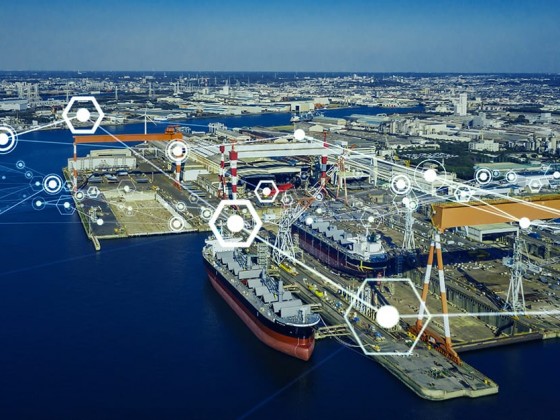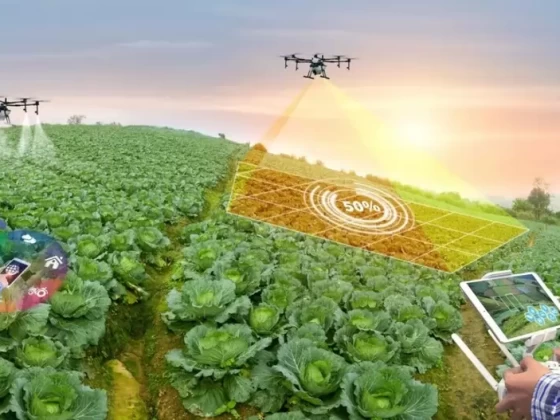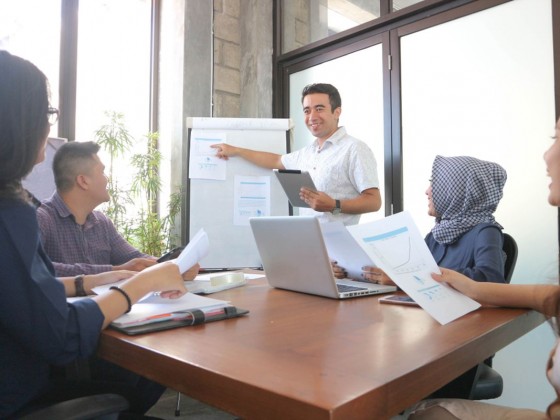by | Nik Ahmad Faizul Abd Malek
“Europe is leading the way in the demand for bio-materials through bioplastics industry. Today, the European bio-economy sector is worth 1.6 trillion Euros and provides 22,000 jobs, i.e. approximately nine percent of the European Union’s workforce.”
Global Warming is a world concern. The greenhouse effect – the thinning of the ozone layer and excessive carbon emissions – are seen as the major contributing factors. However, it is still not beyond control, and clean technology/green technology is found to be one of the major and effective ways to mitigate the damage and improve the environment through sustainable consumption and production. The approach leads to the utilization of bio-materials to replace the traditional source, which has not only become increasingly urgent in improving the environment but is opening up new economic opportunities in the green industry.
Europe is leading the way in the demand for bio-materials through bioplastics industry. Today, the European bio-economy sector is worth 1.6 trillion Euros and provides 22,000 jobs, i.e. approximately nine percent of the European Union’s workforce.
Bio-Plastics in Europe
One of the most important and profitable activities in Europe is the production of bio-plastics which are partly of fully biobased, biogradable, or both.
And bioplastics has been designated as a “Lead Market” by the European Commission as due to its immense growth since 2010 which will help drive the further evolution of the bioeconomy in Europe. The global bioplastics production is set to grow by 400% by 2018 – from 1,492 metric ton in 2012 to 6,731 metric ton in 2018.

Bioplastics are a broad family of materials with widely varying properties. Today, biodegradable bioplastics are a growing niche market. They are often used in short-lived applications such as biowaste or the packaging of fresh produce. Ultimately, they can find a place in all market segments where conventional plastics are used. In many of these markets segments, bioplastic are already being available and used.

Although EU is the leading producer of bioplastics, Europe does not have the largest production capacities in the world. In 2013, Europe only produced 17.3 percent of the total 1.62 million tons global capabilities. Asia has the largest capacities with 51.4 percent, followed by North America with 18.4 percent. South America has the capacitiy to produce 12.3 percent, and Australia/Oceania 0.6 percent.
 It is projected that the global production capacity will increase to 6.73 million metric tons in 2018 with Asia contributing 75.8 percent, South America 12.2 percent and Europe only 7.6 percent, slightly more than North America at 4.3 percent, and Australia/Oceania at 0.1 percent.
It is projected that the global production capacity will increase to 6.73 million metric tons in 2018 with Asia contributing 75.8 percent, South America 12.2 percent and Europe only 7.6 percent, slightly more than North America at 4.3 percent, and Australia/Oceania at 0.1 percent.
Malaysia’s Programme
The forthcoming Eleventh Malaysia Plan 2016-2020 includes:
- Pursuing green growth for sustainability and resilience: strengthen governance to drive transformation, establish sustainable financial mechanism, increase percentage of renewable energy adoption, encourage low carbon mobility and integrated approach to waste management;
- Strengthening infrastructure to support economic expansion: strengthen infrastructure to create smart cities, widen and upgrade broadband infrastructure;
- Re-engineering economic growth for greater prosperity: transform services sector, strengthen manufacturing sector and, develop dynamic SMEs/SMIs;
The Malaysian Industry-Government Group for High Technology (MIGHT), in collaboration with Global Environment Facility (GEF), United Nations Industrial Development Organisation (UNIDO) and Cleantech Open US, is currently running the Global Cleantech Innovation Programme (GCIP) with the vision to position Malaysia as the Regional Cleantech Innovation Hub with competitive global status companies delivering solution to mitigate climate change and environment degradation.
The objectives of GCIP are:
- Creating investable Malaysian cleantech companies;
- Bridging market, technology and funding;
- Intensify commercialization towards green market access through national programs such as Smart Communities; and
- Continuous support to accelerate GCIP Alumni towards scale-up stage and becoming Regional/Global Industry Champions.
GCIP Technopreneurship Pathway
The GCIP Programme is designed not only to provide the early entrepreneurship foundation to technoprenuers (refer to as GCIP 1), but also planning and enabling for their scaling up with the required incubation, business models, ecosystem support and market access (GCIP 2 & 3). For technoprenuers with strategic technologies, there are opportunities for them to gain market positioning as global/regional champions in this infant clean industry (GCIP 4).
GCIP focuses on the strategic content to search for technologies to address the two grand challenges facing cities today namely urbanization and climate change.
The initial market access for these technopreneurs are provided through the National Smart Communities Programme. This objective of this programme is to accelerate the greening of cities through industry driven projects. It is also a platform to commercialise new technologies into the market.
National Bootcamp:
Equip entrepreneurs with international exposures by bringing in experienced mentors, understanding the global surroundings and opportunities;
Mentoring:
Maximize participant’s chances of being a prizewinner, raising investment capital and achieving sustainable commercial success. Semifinalists would be assigned to a mentor who is an experienced professional with proven records of success in either relevant clean technology industries or innovation start-ups;
Biz Clinics:
Specialist consultancy provided to adress the secefic areas of interest relating to commercialization. The specialists would lead group sessions as well as conduct one-to-one sessions with entrepreneurs. Specialist mentors are an elite group experts who acts as resources during the GCIP Accelerator;
Webinars:
A 13-week web-seminar (webinar) session hosted by the Cleantech Open that brings together experts from around the globe as speakers to share their experiences and provide leads to help semifinalists to fill up their worksheets for GCIP Accelerator Programme submission; and
Investor Connect:
Investor Connect is a platform for investors and entrepreneurs to engage via speed consultations. It exposes the entrepreneurs to the need of elevator pitching, and creates chances for them to meet and catch the attention of potential investors.


GCIP 2014 Winners’ Progress










